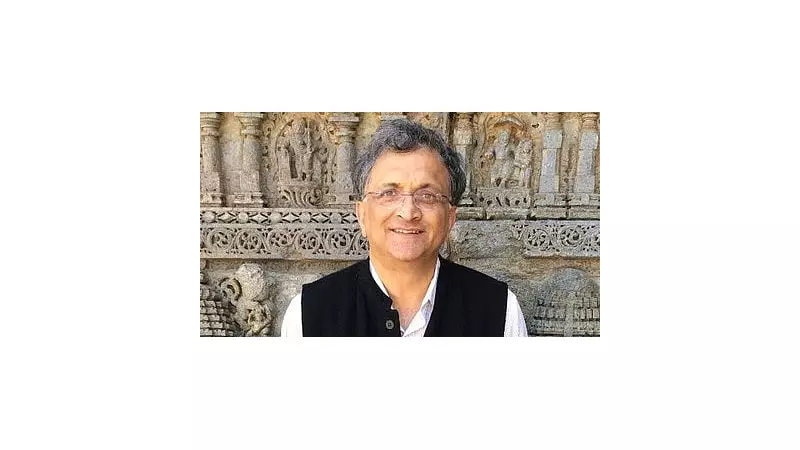
Eminent historian Ramachandra Guha recently captivated audiences at a Bangalore literature festival by revealing his three fundamental principles of biography writing while discussing the creation of his celebrated Gandhi volumes.
The Three Laws of Biography
During his engaging talk, Guha outlined what he calls the "three laws of biography" that have guided his work:
- No Hagiography: "Don't treat your subject as a saint," Guha emphasized, stressing the importance of maintaining objectivity and avoiding excessive admiration that clouds historical accuracy.
- No Hatchet Jobs: Conversely, he warned against writing with malicious intent, stating that biographers should not approach their subjects with predetermined negativity or agenda-driven criticism.
- Context is Crucial: Guha highlighted the necessity of placing the subject within their proper historical and social context, ensuring readers understand the environment that shaped their actions and decisions.
The Genesis of Gandhi Volumes
Guha provided fascinating behind-the-scenes insights into his two-volume biography of Mahatma Gandhi, particularly focusing on the research process for "Gandhi Before India" and "Gandhi: The Years That Changed the World."
He described how his journey into Gandhi's life began unexpectedly while researching environmental history, revealing how archival discoveries often lead historians down unexpected paths. The historian shared anecdotes about accessing restricted archives and the painstaking process of piecing together Gandhi's early years from scattered documents across multiple continents.
Research Challenges and Revelations
The acclaimed writer discussed the unique challenges of researching a figure as extensively documented as Gandhi, noting that while much has been written about him, many aspects of his life remain unexplored or misunderstood.
Guha particularly emphasized Gandhi's South African years as crucial to understanding his later philosophy and political methods. He explained how this period shaped Gandhi's approach to civil disobedience and his unique blend of spiritual and political leadership.
The historian's talk concluded with valuable advice for aspiring biographers, emphasizing the importance of patience, thorough research, and maintaining balance when writing about complex historical figures. His insights provided a rare glimpse into the mind of one of India's most respected contemporary historians and the meticulous craft behind biographical writing.





